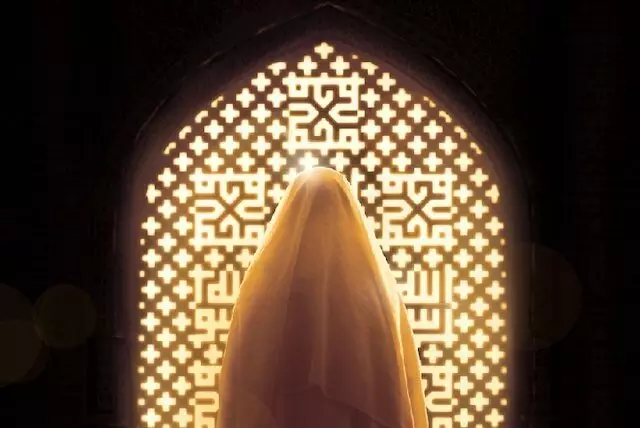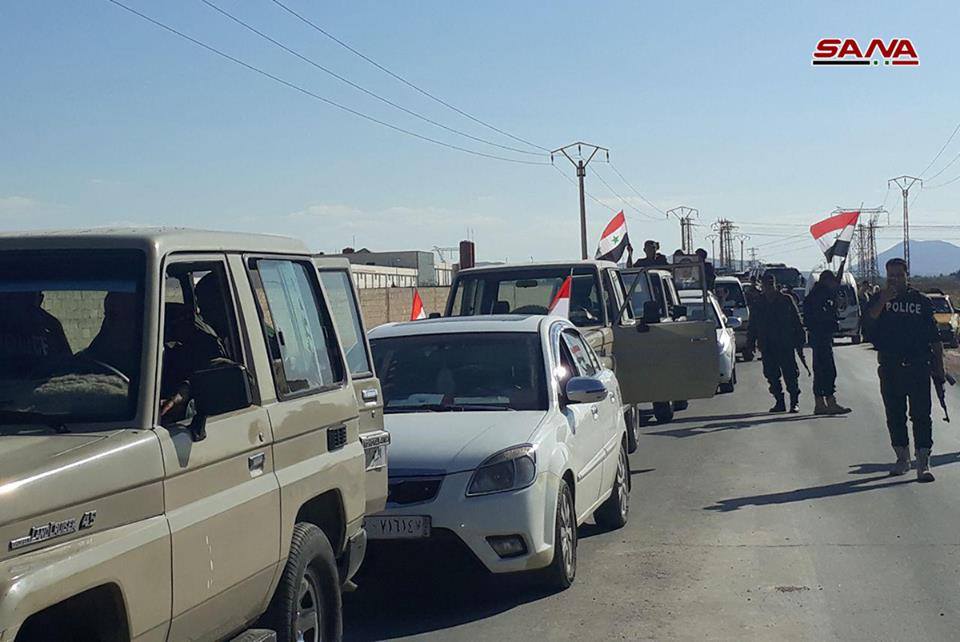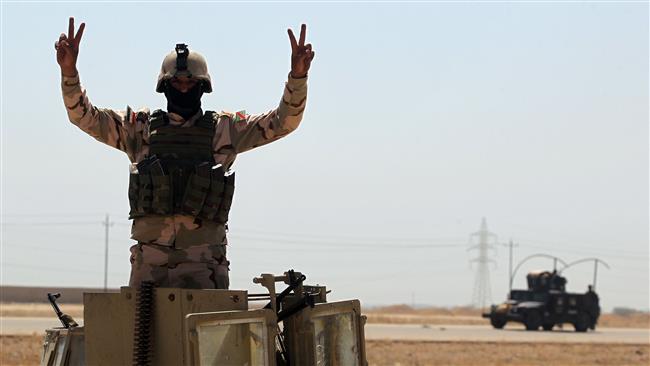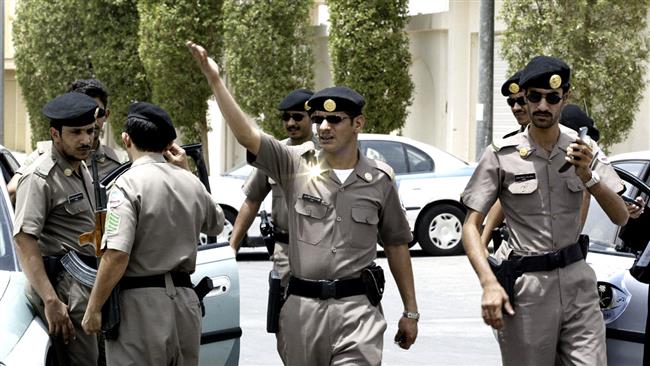Some of the dimensions of the blessed life of Hazrat Fatimah Zahra (pbuh)
“Special attention needs to be given to the life of Fatimah Zahra. We should learn about and understand her life using a new perspective. In the literal sense of the word, we need to set her life as a role model [for our own lives].” [Mar. 19, 2014]

Her character “despite her young age, is a role model for all the zealous, faithful men and women, the Muslims, and even the non-Muslims who are familiar with her high status. We need to learn from the life of this honorable woman.” [Dec. 13, 1989]
Greetings and salutations of the angels upon Lady Fatimah Zahra (pbuh)
In the spiritual sense, Fatimah Zahra (pbuh) “is the one who used to be addressed by thousands of God’s closest angels when she would stand to pray in her place of prayer. They would greet and send their salutations to her repeating the same thing to her that the angels had previously said to Lady Mary. They would say, ‘O Fatimah, God has chosen you and purified you, and He has chosen you above the women of the worlds.’” [Jan. 16, 1990]
Aspects of Lady Fatima’s jihad
When we talk about the worship acts and spirituality of Fatimah Zahra (pbuh), “some people imagine that someone who engages in acts of worship is devoted, beseeches God, and supplicates Him, cannot be a person who is involved in politics. Others imagine that if a woman is a political person, she cannot be a housewife at the same time. They think these things are incompatible with each other.” [Dec. 13, 1989]
However, “Fatimah Zahra (pbuh) did not separate these three things from each other.” [Dec. 13, 1989]
And if we look at her life, we can see that “her life was a vast sea of struggles, battles, and hard work in terms of engaging in jihad, struggle, revolutionary work and patience, learning lessons and attaining knowledge, teaching things to others, giving speeches, and defending the concepts of prophethood, Imamate, and the Islamic system.” [Jan. 16, 1990]
We will cover some of these various aspects in the following sections.
Wisely defending the right of Guardianship
In terms of jihad of clarification, “Lady Fatimah (pbuh) was a tireless, hardworking fighter in every sense of the word when dealing with important political events after the demise of the Holy Prophet (pbuh).” [Dec. 13, 1989]
In those “extremely difficult, indescribable circumstances, the Prophet’s daughter came to the mosque and delivered that powerful, eloquent sermon where she spoke about certain truths and realities.” [Mar. 19, 2017]
This clarification is of course wise in the sense that “in the beginning of this sermon, you can see how wisdom and knowledge spread from Fatimah Zahra (pbuh) into the environment … These divine, Islamic teachings are spoken of in this blessed sermon at the highest level that is comprehensible for us.” [June 3, 2010]
And it is a sermon that is so sophisticated that according to Allameh Majlesi “great, eloquent, articulate scholars need to sit and interpret its words and expressions!” [Dec. 16, 1992]
Leading and guiding society
Regarding her role in social issues, “our historical references and narrations have revealed that other than not having the responsibility of prophethood or Imamate, Fatimah Zahra (pbuh) was no different in the spiritual sense from the Prophet or Imam Ali (pbut) … at 18 years old. This was the maximum number of years that she lived. But Lady Fatimah Zahra (pbuh) had reached a high level in spirituality, mysticism, and wisdom, an eloquent manner in speaking, a great ability to analyze political and social issues, an excellent foresight, and an ability to deal with the greatest problems of her time.” [Nov. 29, 1993]
Therefore, it can be said with certainty that Fatimah Zahra (pbuh) was a true leader. [Mar. 19, 2017]
Supporting her father and husband in times of struggle
In terms of her jihad as a woman and in the family, for example in the case of the time they were in Shi’b Abi Talib, “this girl was like a guardian angel for the Prophet. She was like a mother to her father. She would endure the difficulties like a great nurse for that honorable person. She sympathized with the Prophet.” [Dec. 16, 1992]
After that and after the death of Abu Talib and Lady Khadijah, “the Prophet was completely alone. Fatimah Zahra, this young girl, was the only person that the Prophet with all his grandeur relied on. This is why it is said that “Fatimah was the mother of her father.” [Sept. 20, 1994]
In addition, when a verse was revealed requiring the Muslims to say “O Messenger of God” when addressing the Prophet, “Fatimah Zahra (pbuh) came to him and said, ‘Peace be upon you, O Messenger of God.’ The Prophet hugged her and said, ‘This does not apply to you. Call me father. It soothes my heart and I enjoy it.’ That is how much the Prophet loved Fatimah Zahra (pbuh).” [Mar. 12, 1985]
With regard to her spouse, “not a year, or even half a year would pass without her husband going to war to fight in the cause of God. And during this time, this great, self-sacrificing woman always proved herself to be worthy of being the wife of a man who fought on the path of God, was a soldier, and was a general who was always busy fighting on the battlefields.” [Jan. 16, 1990]
“This is what the Commander of the Faithful [Imam Ali (pbuh)] said about Fatimah Zahra (pbuh), ‘Not once during our marriage did this woman make me angry, and not once did she disobey my order.’ With all her excellence and glory, Fatimah Zahra (pbuh) was a wife and a woman in her home environment.” [Dec. 16, 1992]
Teaching others how to live a simple life by being a practical example
One example of Fatimah Zahra’s jihad was the way she trained society by way of her behavior. For example, when Surah Al-Insan was revealed, “She endured the hunger that she and her family were suffering from and she helped the orphans, the needy, and the prisoners.” [Feb. 15, 2020]
She raised awareness about these concepts in society. Furthermore, “when there was an opportunity to take some of the spoils of war from conquests, the Prophet’s daughter did not allow herself to take even a particle of the worldly pleasures, luxuries, and the things that young girls and women are interested in.” [Dec. 16, 1992]
Fatimah, a role model in Islam
“These are the characteristics of Fatimah Zahra (pbuh). We need to consider these qualities to be an example and strive to achieve them.” [Mar. 30, 2016]
Setting her as an example means that we too “must follow in the footsteps of Fatimah Zahra (pbuh). We must forgive others, make sacrifices, obey God, and worship Him … We too must strive in all situations for justice to be done. We should not be afraid of anyone. Don’t we say that she faced the large society of her time single-handedly?” [Dec. 26, 1991]
Therefore, “the personality of the virtuous Fatimah Zahra (pbuh) was a distinguished, outstanding personality in the dimensions of politics, society, and jihad to the extent that all of the prominent, revolutionary, political women in the world can learn from her.” [Jan. 16, 1990]
The final point [I would like to mention] is that “the life of that great Muslim woman shows that Muslim women can follow in the footsteps of Fatimah Zahra (pbuh) in entering the scenes of politics and the workforce. They can play an active role in society while also attending to their education, worship acts, marriage, and the upbringing of their children.” [Dec. 08, 1993]




